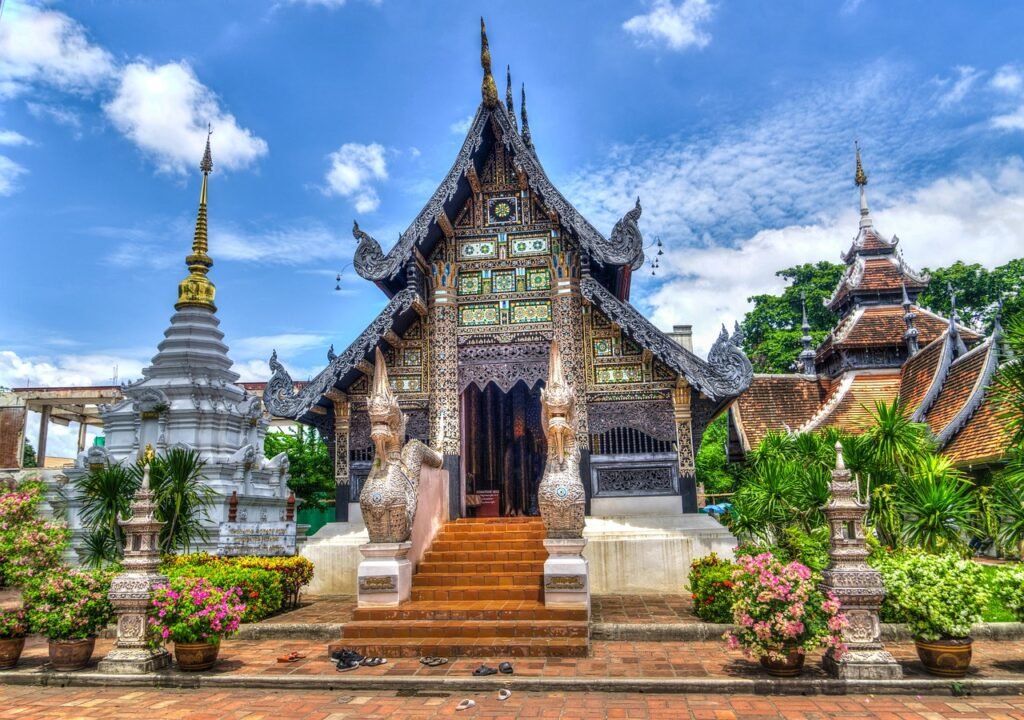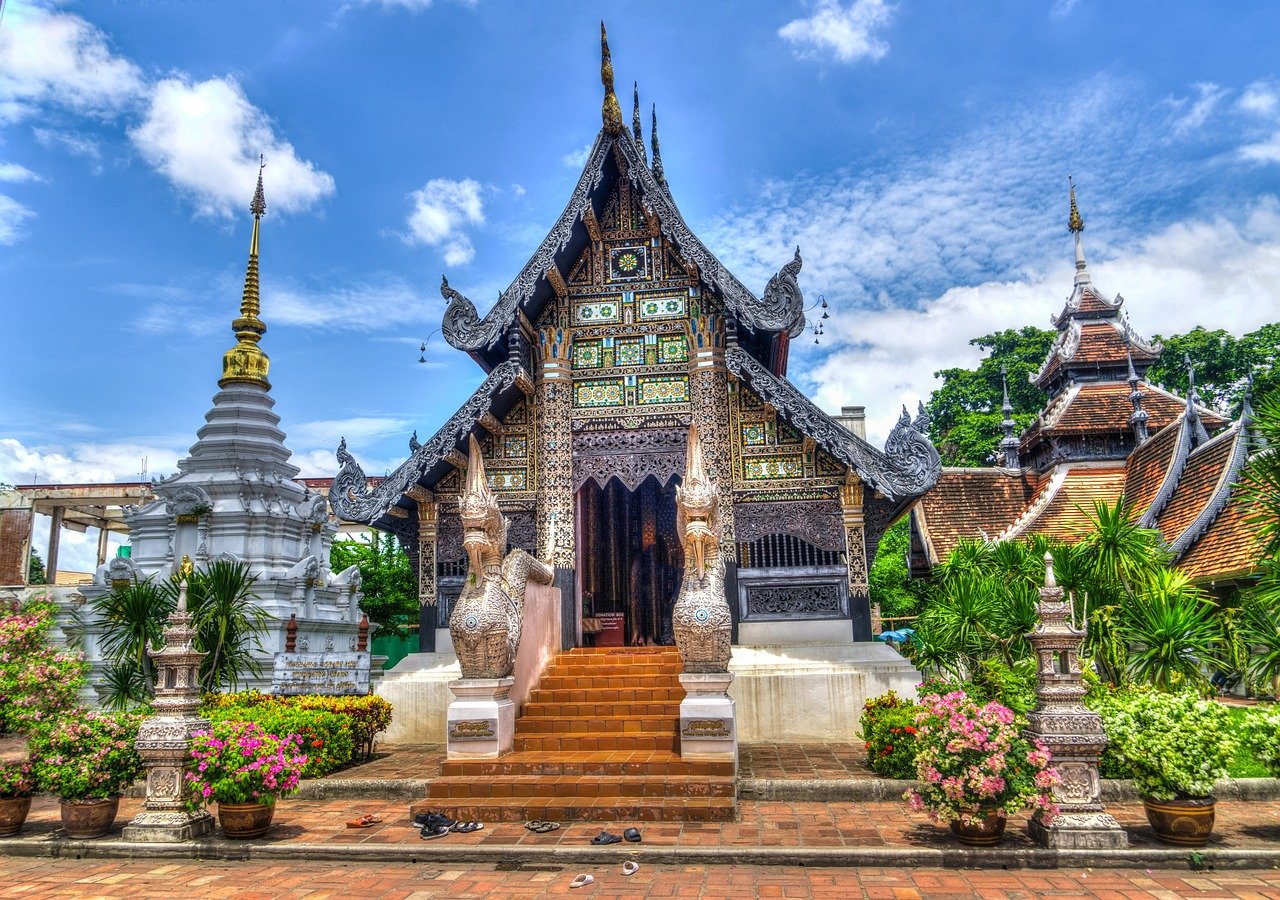In this fascinating exploration, we will delve into the concept of “soul” and its interpretations across various spiritual traditions. From ancient practices to modern belief systems, we will uncover the diverse perspectives on the essence of the soul and its role in spirituality. Join us as we navigate the intricate tapestry of different cultural, religious, and philosophical traditions to gain a deeper understanding of the concept of “soul” and its significance in our spiritual journeys.

H2: Hinduism
In Hinduism, the concept of the soul is referred to as Atman. According to Hindu beliefs, every living being has an eternal and unchanging soul within them. This Atman is seen as the true identity of an individual, which is distinct from the temporary physical body. Hindu philosophy views the soul as divine and divine essence that is immortal and infinite.
H3: Atman – The Inner Self
The Atman is considered to be the innermost essence of an individual, the true self that transcends the physical body. It is believed to be eternal, unchanging, and indestructible. Hindu scriptures describe the Atman as being beyond the limitations of time, space, and individual personalities. It is seen as the ultimate source of consciousness, knowledge, and bliss. Hindus believe that realizing the true nature of the Atman is essential for spiritual liberation and union with the divine.
H3: Reincarnation – The Cycle of Life and Death
Reincarnation is a fundamental concept in Hinduism, closely tied to the concept of the soul. Hindus believe in the cycle of birth, death, and rebirth, known as samsara. According to this belief, the soul is reborn into a new body after death, based on its actions and karma in past lives. The goal of Hinduism is to break free from this cycle of reincarnation and attain moksha, liberation from the material world.
H2: Buddhism
Buddhism, while sharing some common beliefs with Hinduism, has a different understanding of the concept of the soul.
H3: Anatta – No Permanent Self
In Buddhism, the concept of the soul is known as Anatta, which translates to “no-self” or “no permanent self”. Buddhists believe that there is no eternal and unchanging essence within individuals. Instead, they see the self as a combination of ever-changing physical and mental processes. According to Buddhist teachings, attachment to the idea of a permanent self leads to suffering and delusion. The concept of Anatta emphasizes the impermanence and interdependence of all things.
H3: Reincarnation and Karma
Similar to Hinduism, Buddhism also believes in reincarnation and the cycle of life and death. However, Buddhists approach the concept of reincarnation differently. They believe in the existence of a continuum of consciousness, which flows from one life to another. This continuity is influenced by an individual’s actions and intentions, known as karma. Unlike Hinduism, Buddhism aims to break free from the cycle of reincarnation altogether and achieve enlightenment, known as Nirvana.
H2: Judaism
Judaism has its own understanding of the soul and its role in the afterlife.
H3: Nephesh – Breath of Life
In Judaism, the soul is referred to as Nephesh, often translated as “breath of life”. It is seen as the vital essence that gives life to living beings. The Nephesh is believed to be a unique and individual soul that is infused into the body at birth and departs at death. Jewish teachings emphasize the sanctity and value of every human life, as each individual possesses this divine life force within them.
H3: Immortality and Afterlife
Judaism teaches that the soul is immortal and continues to exist after death. The exact nature of the afterlife is a topic of debate among Jewish scholars and varies between different branches of Judaism. While some believe in a physical resurrection of the body in the Messianic Age, others emphasize the spiritual aspects of the afterlife, where the soul experiences a connection with God. Regardless of the specifics, the belief in the eternal nature of the soul plays a significant role in Jewish religious practices and ethical teachings.
H2: Christianity
Christianity has its own distinct understanding of the soul and the afterlife.
H3: Immortal Soul and Resurrection
In Christianity, the soul is believed to be immortal and distinct from the physical body. It is seen as the spiritual essence of an individual that survives death and continues to exist in the afterlife. Christians believe that God created each soul with a unique purpose and that it has the potential for eternal salvation and union with God. The belief in the immortal soul is closely tied to the Christian concept of resurrection.
H3: The Afterlife – Heaven and Hell
Christian teachings describe the afterlife as a realm where souls go after death. The nature of the afterlife is determined by an individual’s relationship with God and their actions in life. According to Christian beliefs, those who have accepted Jesus Christ as their savior and lived a righteous life will find everlasting joy and fulfillment in Heaven. Conversely, those who have rejected God’s love and lived in sin may experience separation from God in Hell. The concept of heaven and hell serves as a moral framework for Christians, encouraging them to lead virtuous lives and seek spiritual salvation.

H2: Islam
Islam has its own understanding of the soul and its destiny after death.
H3: Ruḥ – The Breath of Life
In Islam, the soul is known as Ruḥ, often translated as “the breath of life”. It is seen as the spiritual essence that distinguishes humans from other creations and gives them life. The Ruḥ is believed to be created by God and resides within the physical body. It is through the soul that humans are able to connect with the divine and fulfill their purpose in life.
H3: Day of Judgment and Afterlife
Islam teaches that after death, the soul enters a temporary state known as Barzakh, where it awaits the Day of Judgment. On this day, all souls will be resurrected and held accountable for their actions in the earthly life. The afterlife in Islam consists of Paradise (Jannah) and Hellfire (Jahannam). Those who have lived a righteous life and submitted to God’s will are rewarded with eternal bliss in Paradise, while those who have rebelled against God and committed grave sins may face punishment in Hellfire. The concept of the afterlife in Islam serves as a motivation for believers to lead a virtuous life and strive for spiritual excellence.
H2: Sikhism
Sikhism offers its own unique understanding of the soul and its connection to the divine.
H3: Jiva – Individual Soul
In Sikhism, the concept of the soul is referred to as Jiva. It is seen as a part of the divine essence that is present in all beings. Sikhs believe that the Jiva is an eternal entity, connected to the divine consciousness. Each individual soul is considered to be a distinct entity, capable of attaining unity with the divine through spiritual practices and devotion.
H3: Reunion with the Divine
The ultimate goal in Sikhism is to achieve spiritual union with the divine, known as mukti or liberation. Sikhs believe that through meditation, selfless service, and devotion to God, the soul can transcend the cycle of birth and death and merge with the divine consciousness. This union is regarded as the true purpose of human existence and the pinnacle of spiritual attainment in Sikhism.

H2: Native American Spirituality
Native American spirituality encompasses a wide range of beliefs and practices, each with its own understanding of the soul.
H3: Animism – Everything Possesses a Soul
Many Native American tribes hold animistic beliefs, which emphasize the interconnectedness and sacredness of all living beings and natural elements. In this worldview, everything, including animals, plants, rocks, and even natural phenomena, possesses a soul or spirit. The soul is seen as an intrinsic part of the natural world, and humans are viewed as equals and cohabitants with other beings.
H3: Spirit Guides and Ancestral Spirits
Native American spirituality often incorporates the belief in spirit guides and ancestral spirits. These spirits are seen as benevolent beings that offer guidance, protection, and wisdom to individuals and communities. The soul is considered to have a spiritual connection with these guiding spirits, which helps navigate the physical and spiritual realms. Native Americans engage in various rituals and ceremonies to honor and communicate with these spirits, seeking harmony and balance within themselves and the natural world.
H2: African Traditional Religions
African traditional religions encompass a diverse range of beliefs and practices that vary across different regions and tribes.
H3: Ancestor Veneration
Ancestor veneration is a common practice in many African traditional religions. It is believed that the souls of deceased ancestors continue to exist and can impact the lives of their living descendants. Ancestors are revered and honored through rituals, prayers, and offerings to maintain a positive relationship with them. This belief in ancestral spirits emphasizes the connection between the living and the deceased, where the soul of the ancestor plays a significant role in guiding and protecting the living.
H3: Spirituality in Nature and Rituals
Nature plays a central role in African traditional religions, with many tribes believing that spirits reside in natural elements such as trees, rivers, and mountains. These spirits are seen as mediators between the physical and spiritual realms, and humans engage in rituals and ceremonies to communicate with them. African traditional religions emphasize the interconnectedness of all beings and the importance of maintaining harmony with nature for the well-being of the soul and the community.
H2: Taoism
Taoism offers a unique understanding of the soul, emphasizing harmony with the eternal essence of the universe.
H3: The Tao – The Eternal Essence
In Taoism, the concept of the soul is intricately tied to the idea of the Tao, often translated as “the way”. The Tao is seen as the eternal essence that encompasses and transcends all existence. The soul is believed to be a manifestation of the Tao within an individual, connecting them to the divine source of harmony and balance. Taoism encourages individuals to live in accordance with the Tao, cultivating inner virtues and aligning with the natural flow of the universe.
H3: Immortality and the Daoist Quest for Harmony
Taoist teachings also explore the quest for immortality, both physical and spiritual. It is believed that by harmonizing with the Tao and cultivating virtues, individuals can attain immortality of the soul. This immortality is not seen as eternal life in a physical body but as a state of spiritual transcendence where the soul is liberated from the constraints of the material world. Taoists engage in various practices such as meditation, qigong, and alchemy to cultivate their inner energy and strive for spiritual immortality.
H2: Shintoism
Shintoism, the traditional religion of Japan, has its own understanding of the soul and its relationship with the divine.
H3: Kami – Divine Spirits
In Shintoism, the soul is closely associated with the concept of Kami, which refers to the divine spirits that reside in natural elements, ancestors, and various deities. These Kami are regarded as sacred and powerful beings that influence the lives of humans. The soul is believed to have a connection with these Kami, and Shinto rituals and practices often involve prayers and offerings to honor and seek guidance from them.
H3: Ancestral Worship and Cleansing Rituals
Ancestors hold a significant place in Shinto beliefs, and ancestral spirits are revered and honored through rituals and ceremonies. Ancestral worship is seen as a way to maintain a harmonious relationship between the living and the deceased, with the soul playing a central role in this connection. Shintoism also emphasizes purification and cleansing rituals to maintain spiritual purity and restore balance within oneself and the community.
In conclusion, the concept of the soul varies across different spiritual traditions, reflecting the rich diversity of human beliefs and experiences. From the Hindu concept of Atman to the Taoist quest for harmony with the eternal essence, each tradition offers its unique understanding of the soul and its connection to the divine. Whether it is the belief in reincarnation, resurrection, or spiritual union, the concept of the soul serves as a guiding force in shaping religious practices, ethical teachings, and the quest for spiritual enlightenment.
